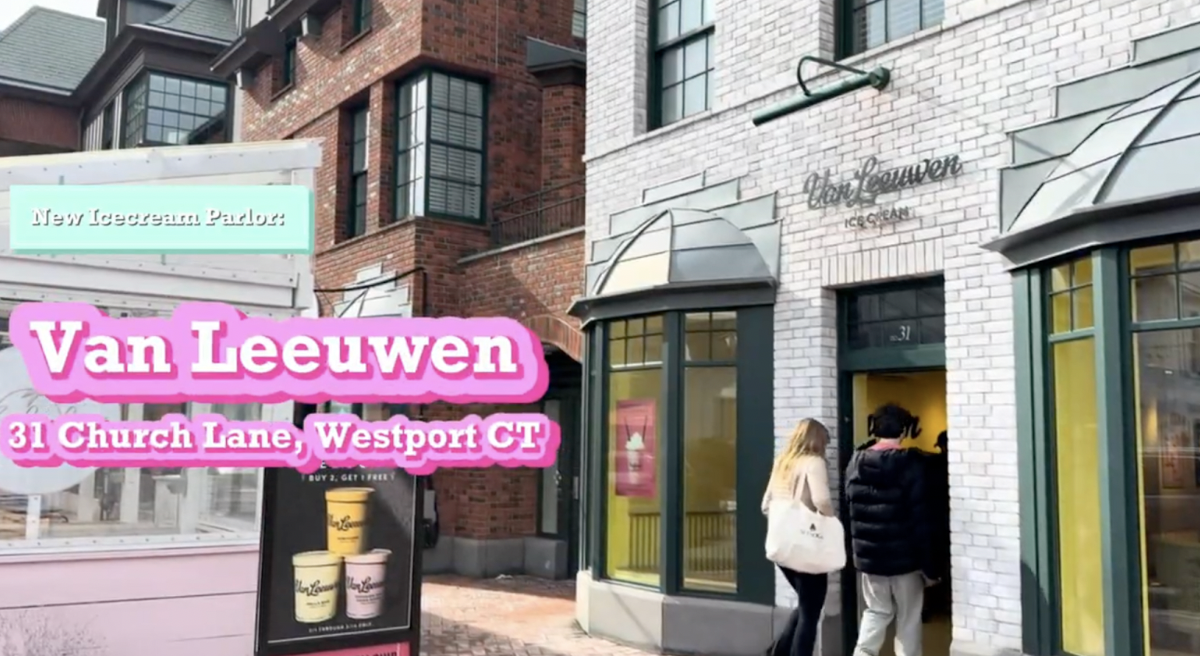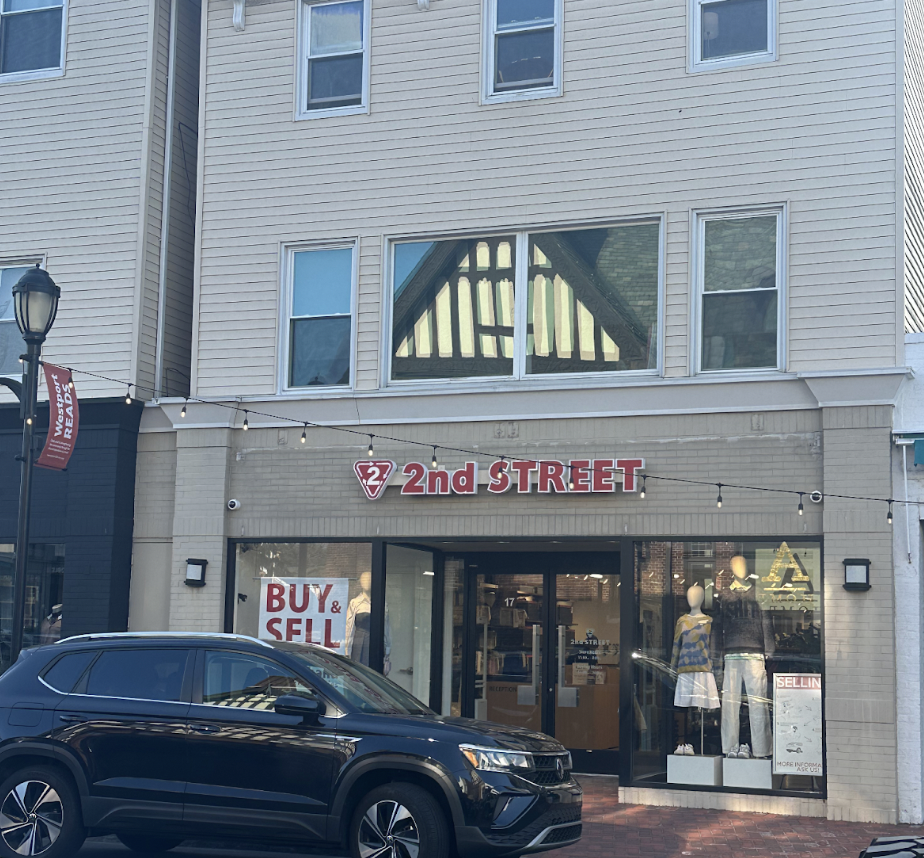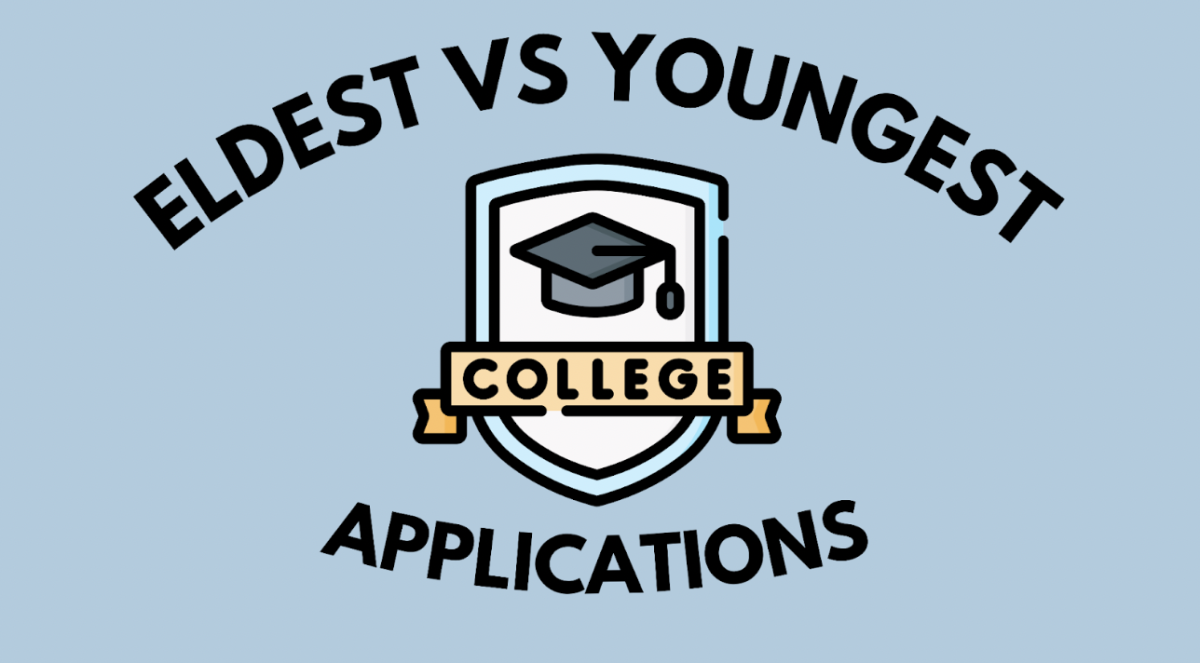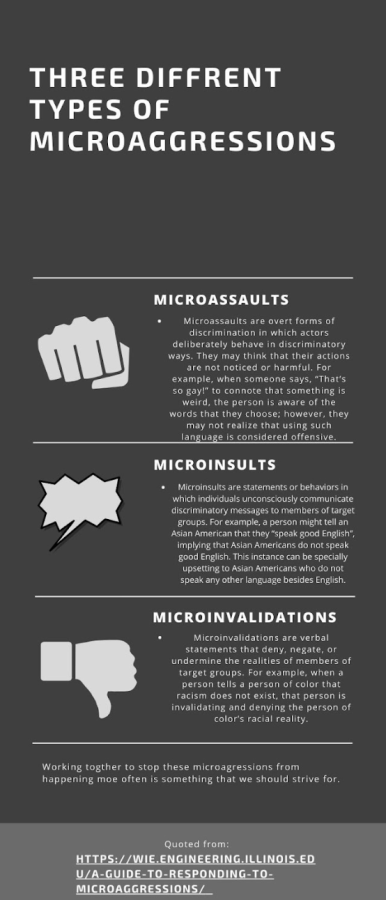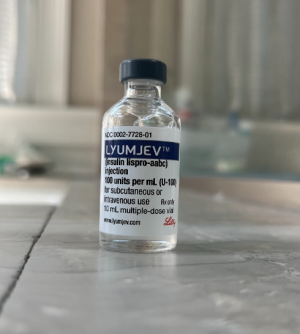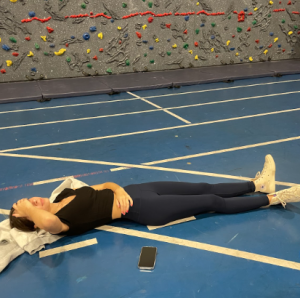Microaggressions are more hurtful than you think
Imagine it’s your first day of school, and you just enrolled in a class that you have been dreaming of being in since you started school. You are walking down the hall and you finally find the class, only to be greeted with a snarky, “Do you belong in this class?”
Imagine sitting down with friends, and one decides to crack a joke. They start off by looking you dead in the eye and saying “I’m not trying to be racist, so hear me out”.
If neither of these stories are relatable, then I should probably clue you in. These are both examples of microaggressions or little anecdotes that are directed toward a marginalized or ostracized group. Usually, microaggressions are unintentional, but sometimes, people will intentionally shoot remarks that are hurtful to another party. The solid definition of these quips will differ from person to person, some finding microaggressions entirely offensive, and others finding them harmless, or even funny.
According to Morning Sign out at UCI, two studies in 2015 and 2019 both showed that microaggressions harm people of color the most. It also states that microaggressions can lead to depression, mistrust, anxiety and an overall mental decline, as well as physical problems such as digestive issues.
Microaggressions are not ok. The fact that someone would have the audacity to talk down to another person is not ok either. I think that we can fix this though. Staples students should be even more cautious of what they say and do for the sake of other people’s feelings. More often than not, that shady joke you tell one of your friends could offend them. Microaggressions stem from ignorance or disdain, and sometimes they are not noticed by the person that’s talking, so educating oneself about another race, or race can be beneficial in day-to-day speech.
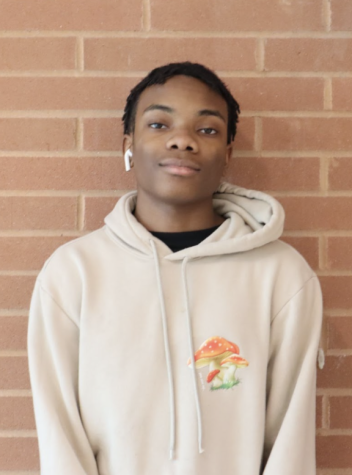
Everyone has a different motivation to join Inklings — Staff Writer Nile Jean ’24 endeavors to hone his writing skills.
“I thought journalism...


























